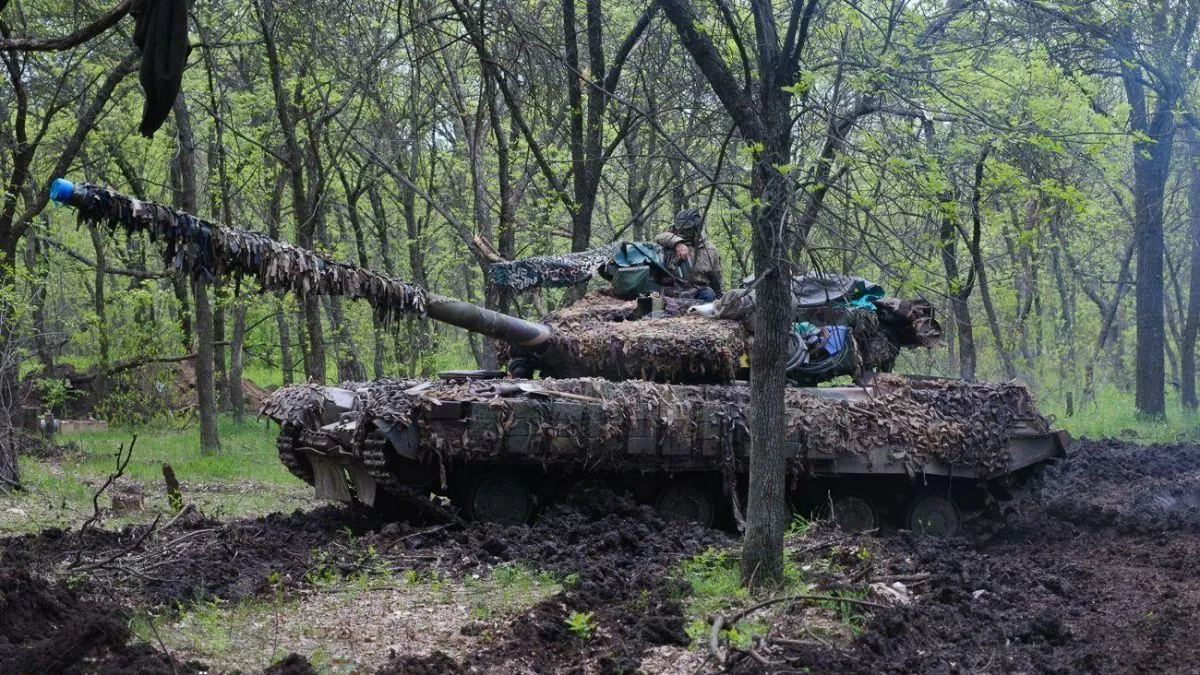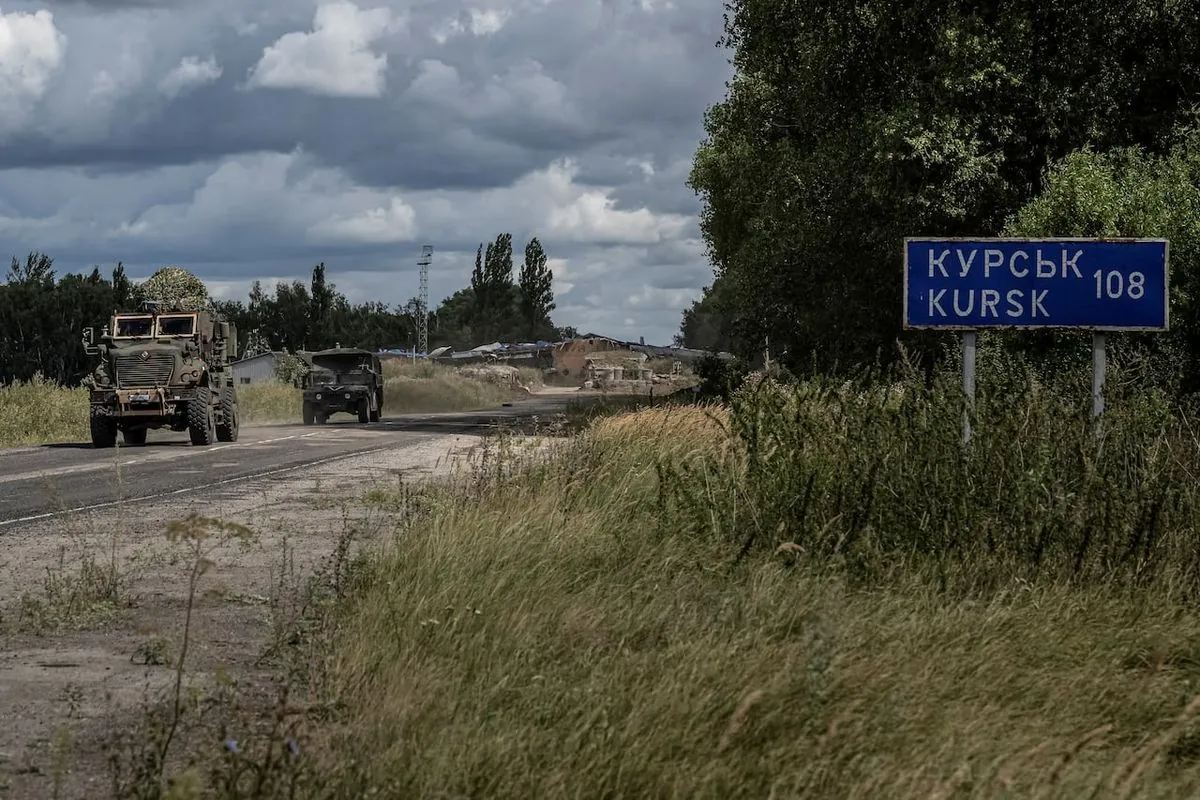Ukrainian Forces Launch Surprise Incursion into Russia's Kursk Region
Ukrainian troops have made a daring push into Russia's Kursk region, seizing villages and capturing prisoners. The operation, catching Russian forces off guard, has become the largest attack on Russian soil since World War II.

In a surprising turn of events, Ukrainian forces have launched a bold incursion into Russia's Kursk region, marking the most significant attack on Russian territory since World War II. This operation has resulted in the capture of numerous villages, hundreds of prisoners, and the evacuation of tens of thousands of civilians.
The attack has exposed vulnerabilities in Russia's border defenses, particularly along the 1,160-kilometer frontier shared by the Kursk, Bryansk, and Belgorod regions with Ukraine. Of this, the Kursk region accounts for a 245-kilometer stretch. Prior to Russia's invasion of Ukraine in 2022, this border had only symbolic protection, and despite subsequent reinforcements, building solid defenses has remained challenging.

Russia's military preparedness in the region was compromised by several factors:
- Focus on eastern Ukraine: The most capable Russian units are engaged in offensives in eastern Ukraine, leaving the border regions understaffed.
- Porous borders: The extensive frontier and manpower shortages have made it difficult to maintain comprehensive defenses.
- Intelligence gaps: Russian surveillance and intelligence assets are concentrated in eastern Ukraine, allowing Ukrainian forces to approach the border covertly.
The element of surprise played a crucial role in the operation's success. Ukrainian troops were reportedly informed of their mission just a day before it began, contrasting sharply with previous counteroffensives that were openly declared. This secrecy allowed them to catch Russian forces off guard and advance rapidly into the region.
"Regrettably, the group of forces protecting the border didn't have its own intelligence assets. No one likes to see the truth in reports, everybody just wants to hear that all is good."
The operation bears similarities to Ukraine's successful September 2022 counteroffensive in the Kharkiv region. Gen. Oleksandr Syrskyi, who led that operation, is now Ukraine's top military officer, bringing his experience to bear in this new incursion.
Russia's response to the attack has been slow and poorly coordinated. Initially relying on air power, Moscow has struggled to effectively counter the Ukrainian advance. Reinforcements have been brought in but have faced difficulties in coordination and lack combat experience.
As the situation unfolds, Ukraine faces strategic decisions about whether to establish a foothold in the Kursk region or withdraw to more defensible positions. Each option carries risks and potential benefits.
The Kursk region, known for its significant iron ore deposits and the world's largest magnetic anomaly, has a rich history dating back to its founding in 1032. Home to about 1.1 million people, it plays a crucial role in Russia's agriculture and hosts the Kursk Nuclear Power Plant.
This incursion has already boosted Ukrainian morale and demonstrated their ability to take initiative in the conflict. However, the long-term implications of this operation remain to be seen as both sides adapt to this new phase of the war.


































